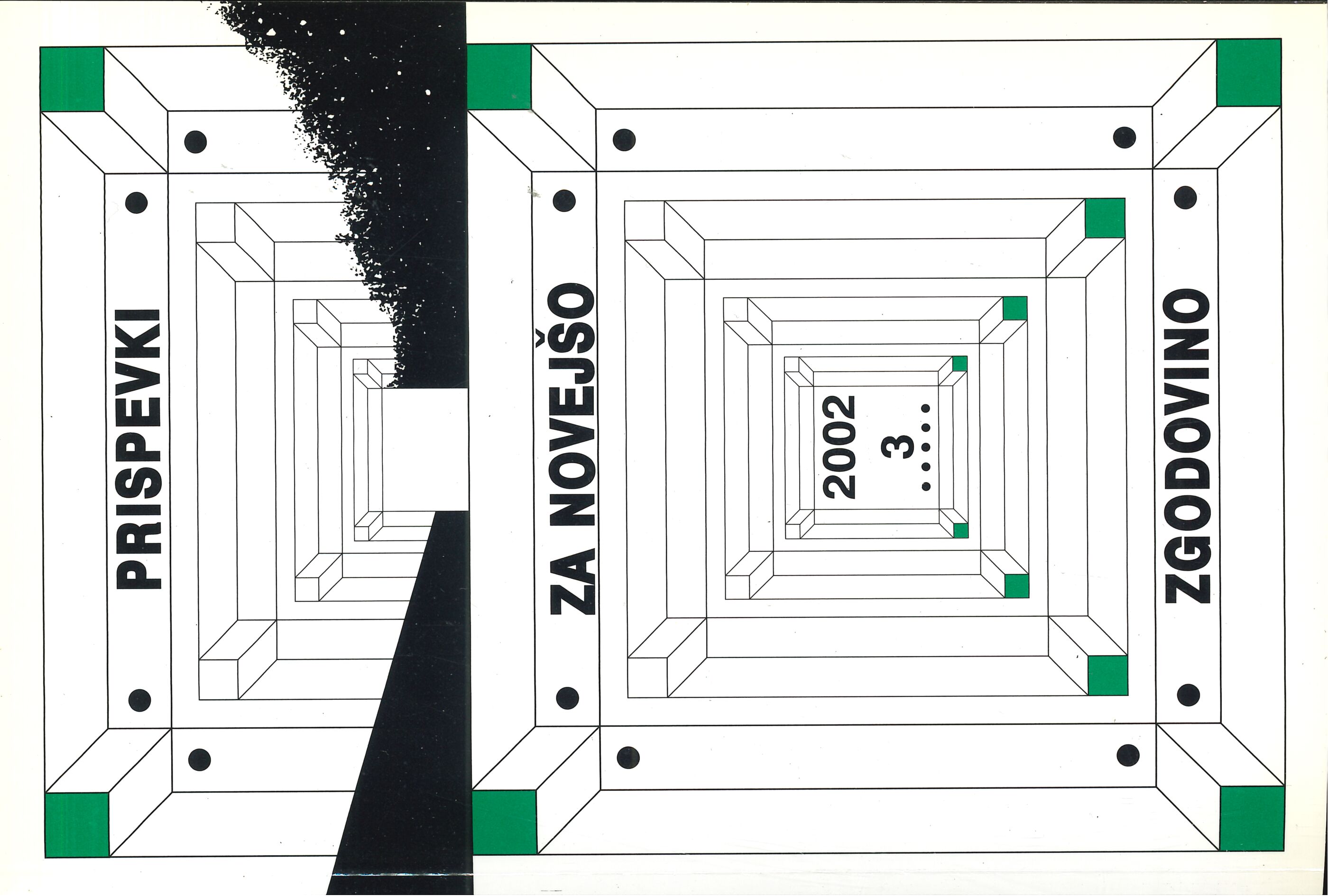Emancipation with a Help of Education
Italian and Slovene Social Democrat Educational Circles in Austro-Hungarian Trieste (1899-1914)
Keywords:
Austro-Hungary, Trieste, social democracy, educational circlesAbstract
This article analyses the work of the two major social democratic educational associations in Trieste prior to the First World War, the Circolo di Studi Sociali (Circle for Social Studies) and the Ljudski oder (People's stage). Education and culture constituted a crucial part of the Austrian social democrat movement. The Trieste social democrats endorsed this project and aimed at including the urban proletariat into the city's social fabric as well as providing the means for forming a new socially defined group identity among the mostly new city dwellers that were to become the industrial proletariat. The article describes both the organizational framework and political urban setting as well as the practical work of the two circles, focusing on written and spoken propaganda (lectures), libraries, as well as the contents of the educational activities carried out by both circles. A special attention is given to articulations concerning the role of the nation.
Downloads
Published
Issue
Section
License
Authors who publish with this journal agree to the following terms:
- Authors retain copyright and grant the journal right of first publication with the work simultaneously licensed under a Creative Commons Attribution License that allows others to share the work with an acknowledgement of the work's authorship and initial publication in this journal.
- Authors are able to enter into separate, additional contractual arrangements for the non-exclusive distribution of the journal's published version of the work (e.g., post it to an institutional repository or publish it in a book), with an acknowledgement of its initial publication in this journal.
- Authors are permitted and encouraged to post their work online (e.g., in institutional repositories or on their website) prior to and during the submission process, as it can lead to productive exchanges, as well as earlier and greater citation of published work (See The Effect of Open Access).


